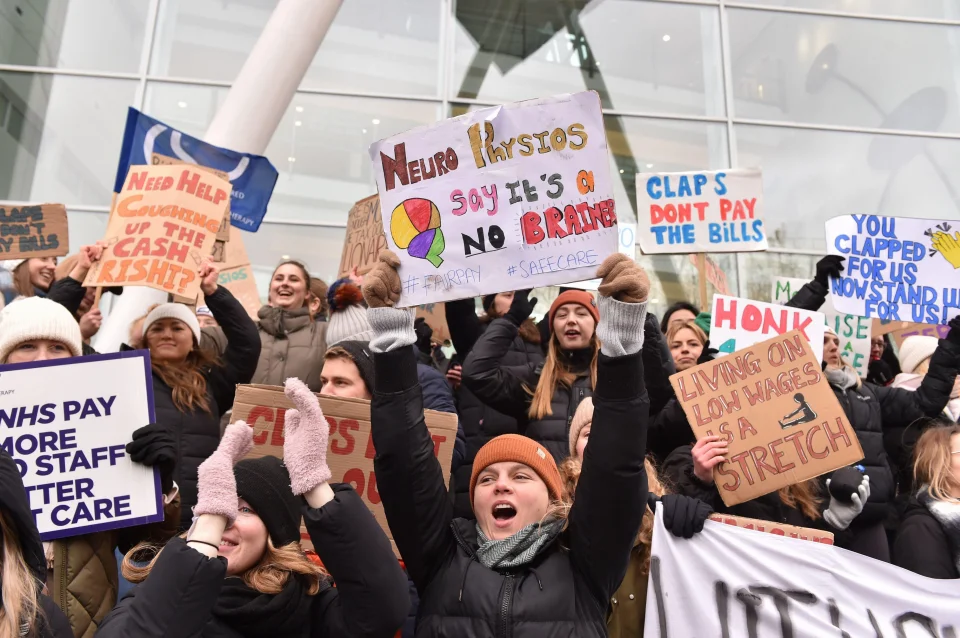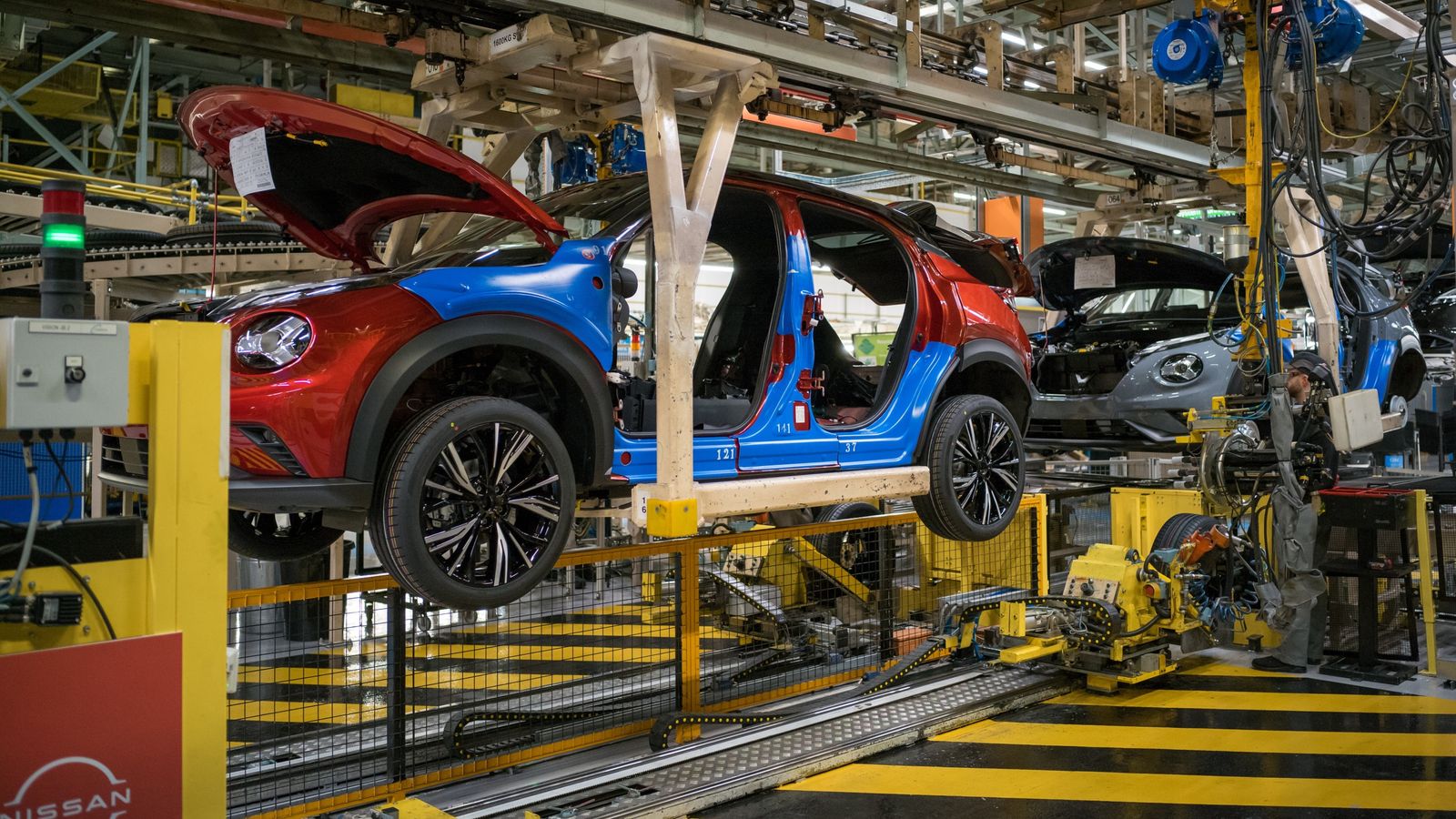Wages rise at fastest rate in 20 years but still fail to keep up with inflation
Newly published figures from the Office for National Statistics (ONS) show regular pay has grown at the fastest rate in more than 20 years, but it is still failing to keep up with rising prices.
Pay (excluding bonuses) increased at an annual pace of 4.7% between October and December 2022, the ONS said.
The increase is the strongest growth seen outside the pandemic, the ONS said.

However, when adjusted for inflation, regular pay fell by 2.5%.
The ONS says the gap between private and public sector pay continued, with private regular pay up 7.3% annually between October and December, compared with a 4.2% rise in the public sector.
But both figures are outstripped by the rising cost of living, with inflation running at 10.5%.
The Bank of England has forecast a recession for later this year – although it’s expected to be shorter and less severe than initially predicted.
The rise in energy and food prices has put a squeeze on finances.
Working days lost to strike action
The ONS figures show 843,000 working days were lost to strike action in December, which was the highest number since November 2011.
UK workers across many sectors have gone on strike in recent months over pay and working conditions.
ONS’s Darren Morgan said the transport and communications sectors were the “most heavily affected” but added health worker strikes also contributed to December’s lost working days.
UK not ‘out of the woods’ despite avoiding recession
The UK’s unemployment rate remained unchanged at 3.7%, the ONS figures showed.
Jeremy Hunt has warned the UK is “not out of the woods” despite the country narrowly avoiding a recession last year. He said unemployment remaining close to record lows was “an encouraging sign of resilience in our labour market”.
“The best thing we can do to make people’s wages go further is stick to our plan to halve inflation this year,” he said.
But Labour’s Rachel Reeves said the UK’s economy was “stuck in the slow lane.”





